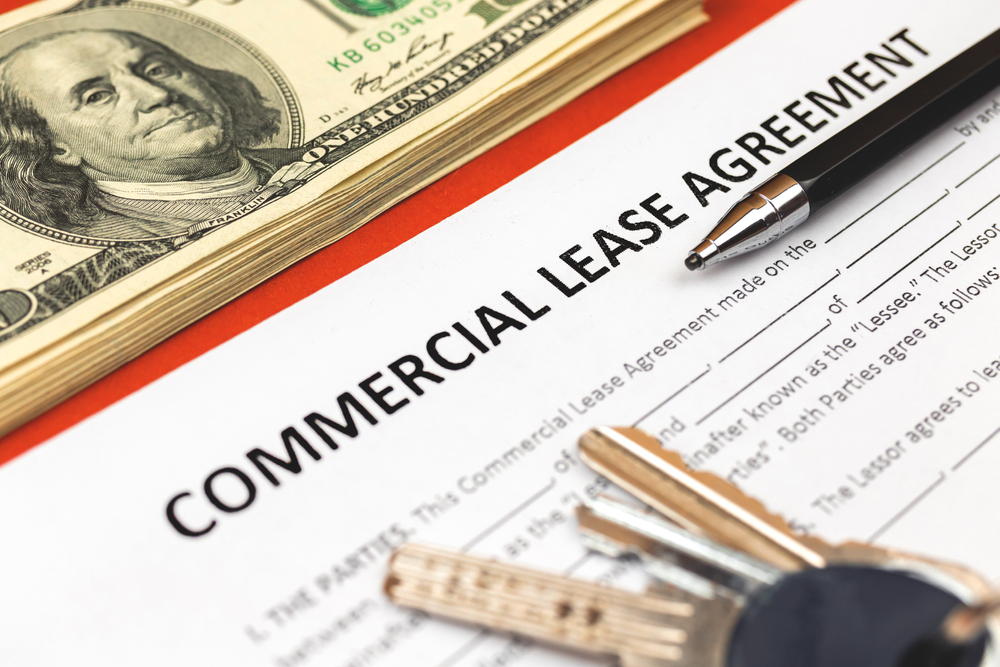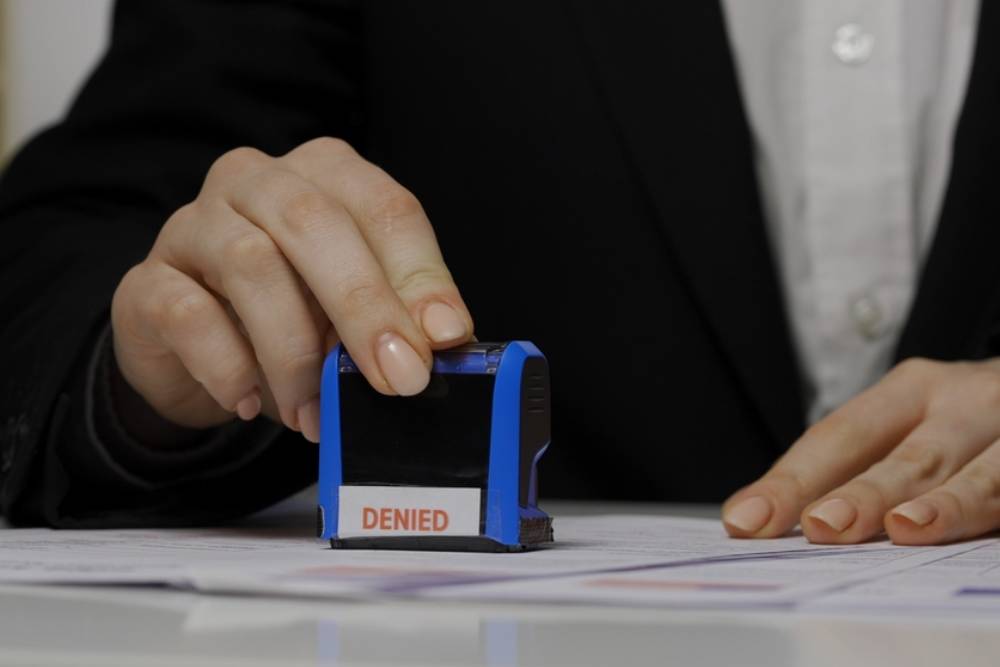 Securing a green card through employment is a strategic step for many foreign nationals and U.S. employers looking to fill long-term workforce needs. Employment-based permanent residence enables individuals to reside and work in the United States indefinitely, while contributing to their employer’s long-term growth. However, the process requires precision, planning, and full compliance with labor and immigration regulations. At the heart of this process is the PERM labor certification and proper classification under EB-2 or EB-3 immigrant categories. For businesses and individuals in Texas, Esani & Momin, PC offers practical legal guidance through every stage of employment-based immigration.
Securing a green card through employment is a strategic step for many foreign nationals and U.S. employers looking to fill long-term workforce needs. Employment-based permanent residence enables individuals to reside and work in the United States indefinitely, while contributing to their employer’s long-term growth. However, the process requires precision, planning, and full compliance with labor and immigration regulations. At the heart of this process is the PERM labor certification and proper classification under EB-2 or EB-3 immigrant categories. For businesses and individuals in Texas, Esani & Momin, PC offers practical legal guidance through every stage of employment-based immigration.
Understanding the PERM Labor Certification Process
The PERM process, short for Program Electronic Review Management, is the first step in most employment-based green card applications. It is a system overseen by the U.S. Department of Labor (DOL) that ensures no qualified U.S. worker is available for the job being offered. Employers must undertake a detailed recruitment effort that includes newspaper ads, job postings with the state workforce agency, and internal company postings. Only if no eligible U.S. worker applies can the employer proceed with the green card petition.
The employer must also prove the job meets prevailing wage requirements and that the employment conditions are lawful. PERM is a critical stage, and any misstep can lead to denials or delays. This is why many Sugar Land immigration clients turn to experienced legal counsel to ensure the process is executed correctly.
EB-2 and EB-3 Employment Categories
Once the PERM is approved, the next step is filing an I-140 petition under either the EB-2 or EB-3 immigrant visa category. The correct classification depends on the job requirements and the foreign worker’s qualifications.
EB-2 applies to professionals with advanced degrees or individuals with exceptional ability in sciences, arts, or business. The job itself typically requires an advanced degree or its equivalent.
EB-3 applies to professionals with a bachelor’s degree, skilled workers (who have at least two years of training or experience), and other workers (including unskilled labor that is neither seasonal nor temporary).
Employers must assess the proper fit based on both the job description and the foreign national’s academic and work background. In many cases, careful classification can reduce processing time or avoid unnecessary requests for evidence (RFEs). For more information on how our firm supports employers with immigration filings, please visit our Immigration Services page.
Employer Sponsorship Responsibilities
Employer sponsorship for a green card is not a passive role. Beyond filing PERM and I-140 petitions, employers must remain compliant with all labor and immigration regulations throughout the process. This includes paying the prevailing wage, maintaining accurate records, and ensuring the job opportunity remains available to the beneficiary.
Additionally, employers are responsible for covering certain portions of the process, such as costs associated with the PERM application. Sponsorship creates a legal commitment, and failure to fulfill it may result in delays, penalties, or loss of approval.
Employers in Texas, particularly those in rapidly growing sectors such as healthcare, technology, and construction, can benefit from collaborating with attorneys who are familiar with both local workforce needs and federal requirements.
Why Legal Support Is Essential
The employment-based green card process involves multiple government agencies, strict timelines, and shifting immigration policies. Errors or misinterpretations can derail even the most well-planned petitions. At Esani & Momin, PC, we provide reliable, business-aligned immigration services to both corporate and individual clients.
Whether you’re an HR manager at a mid-sized company or a foreign national offered a permanent role, having a legal advocate ensures compliance and efficiency. To learn how we’ve helped past clients succeed, visit our testimonials page.
Working with Texas immigration attorneys also ensures that your petition accurately reflects local employment conditions, which can play a crucial role in labor certification and audit defense. We tailor every case to the client’s goals while maintaining full adherence to federal immigration law.
Why It Matters to Work With the Right Legal Team
Employment-based green card cases can be complex, but they are achievable when supported by the right team. At Esani & Momin, PC, we help businesses and individuals meet regulatory requirements without unnecessary delays. With our depth in immigration and business law, we are equipped to assist startups, corporate employers, and foreign professionals alike. Whether you’re searching for attorneys in Sugar Land to guide your PERM application or EB petition, or simply looking for insight into your options, our firm can provide clear and strategic legal support. Contact us today to begin your immigration process with confidence.
 281-313-6100
281-313-6100


